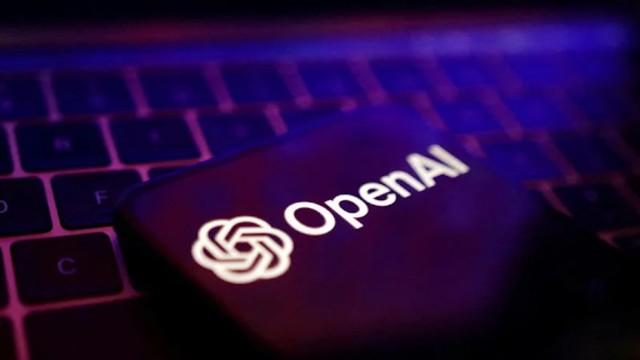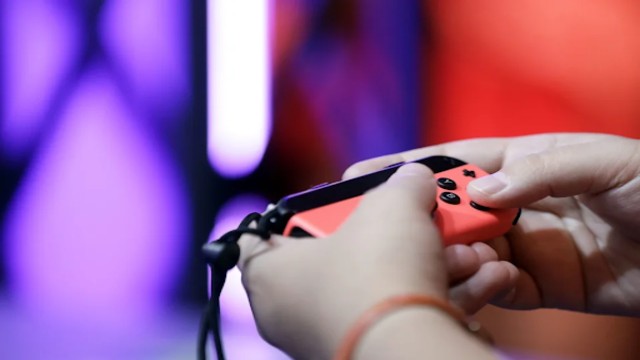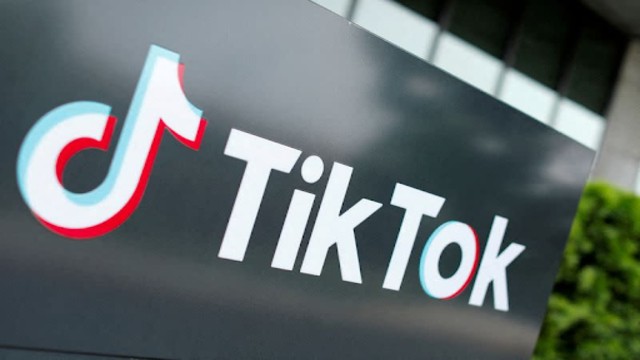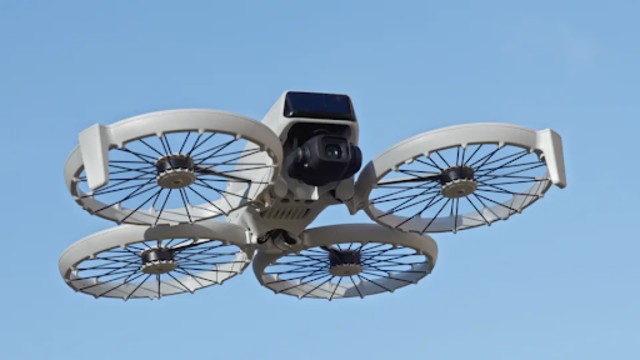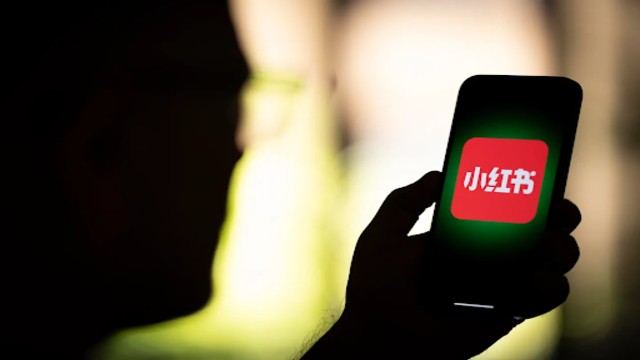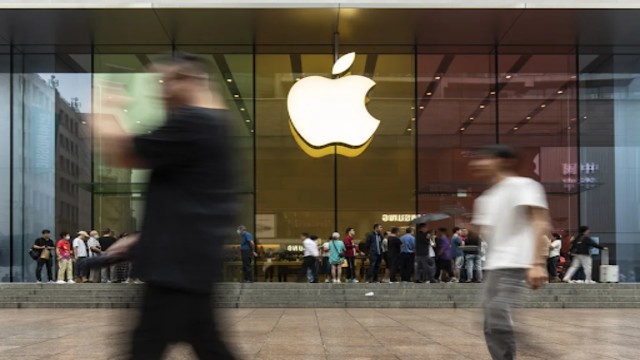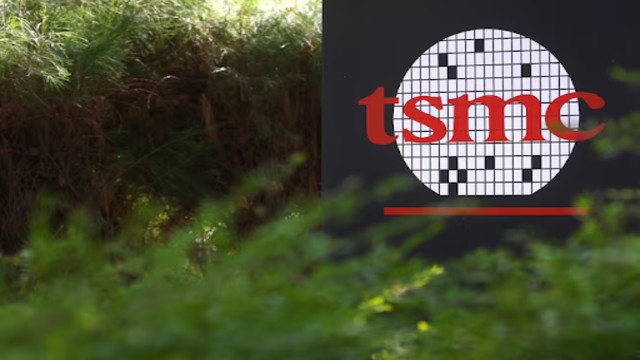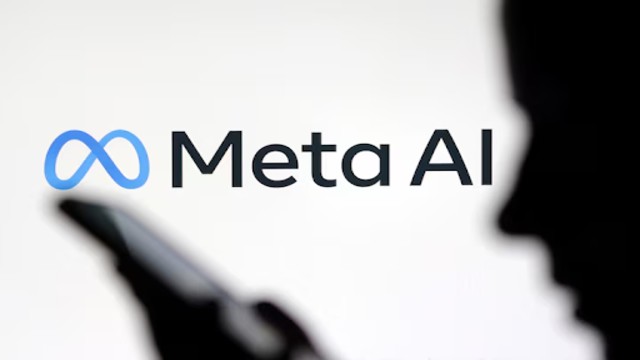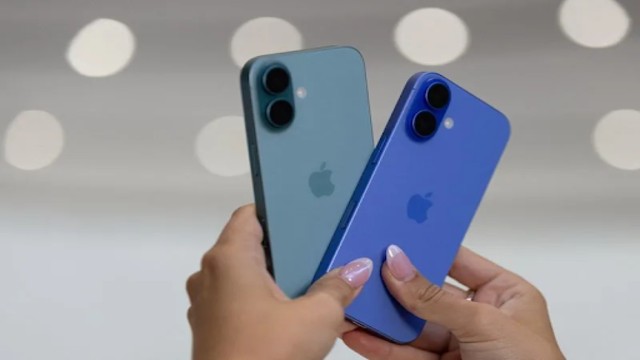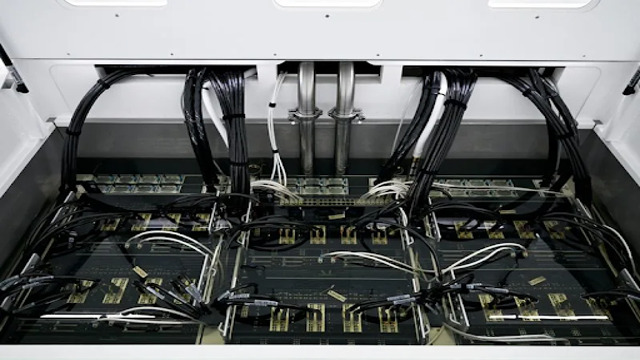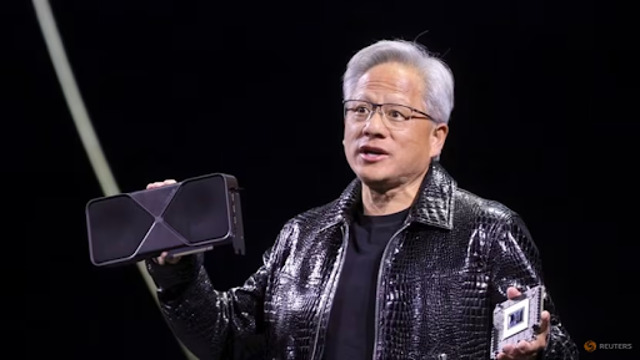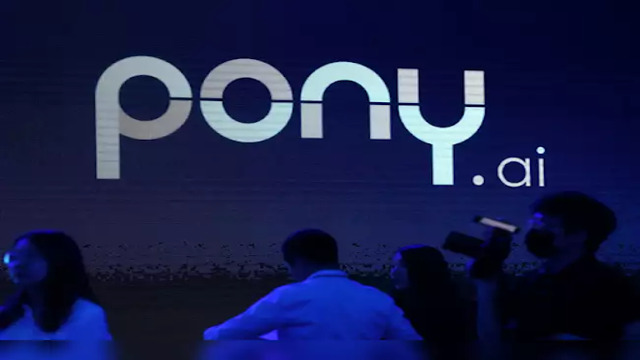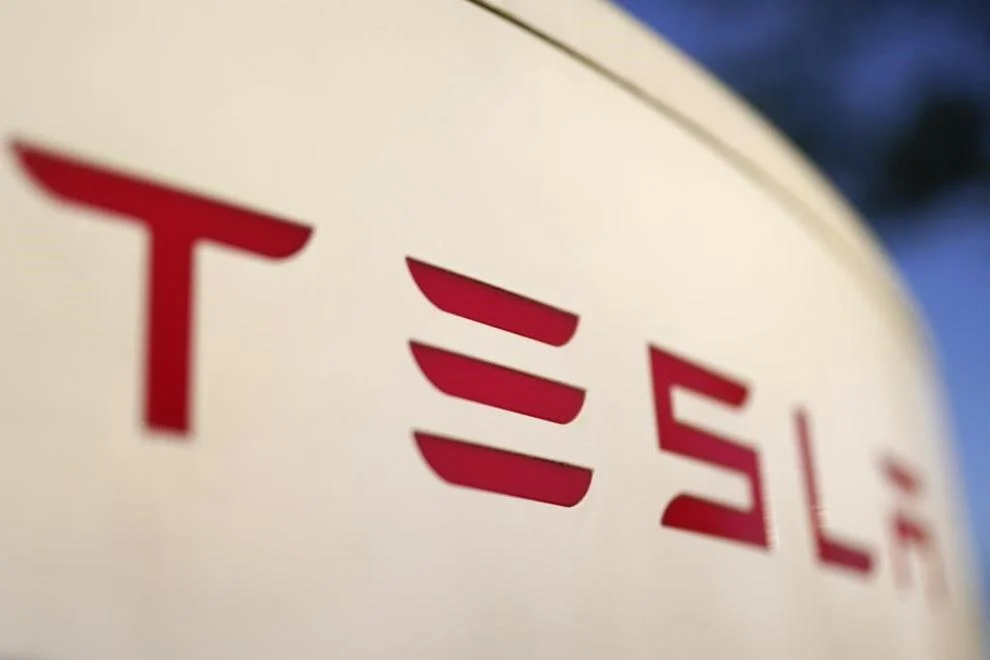
FILE - The logo for a Tesla Supercharger station is seen in Buford, Ga, April 22, 2021. Tesla has settled a lawsuit Monday, April 8, 2024, brought by the family of a Silicon Valley engineer who died in a crash while relying on the company’s semi-autonomous driving software. The Canadian Press.
Tesla, headquartered in Santa Clara, California, has reached a settlement in a lawsuit initiated by the family of a Silicon Valley engineer who tragically lost his life in a crash involving the company's semi-autonomous driving software.
The exact amount Tesla paid to resolve the case remains undisclosed, as revealed in court documents filed just a day before the scheduled trial for the 2018 crash on a San Francisco Bay Area highway. Tesla opted to keep the settlement amount confidential, citing a desire to put an end to years of legal proceedings.
The family of Walter Huang filed a lawsuit in 2019, alleging negligence and wrongful death against Tesla and its CEO, Elon Musk. They contended that Tesla's self-driving car technology, known as Autopilot, was excessively promoted, leading vehicle owners to overestimate its capabilities and neglect necessary vigilance while driving.
The evidence presented suggested that Huang was engaged in playing a video game on his iPhone when the accident occurred on March 23, 2018. Despite activating the Autopilot feature on his Model X after dropping off his son at preschool, the vehicle veered out of its lane and accelerated, colliding with a concrete highway barrier on a busy highway in Mountain View, California. The crash transpired less than 20 minutes into Huang's commute to his job at Apple, with the vehicle still traveling at a speed exceeding 70 miles per hour (110 kilometers per hour).
Tragically, Huang, aged 38, lost his life at the scene, leaving behind his wife and two young children, aged 12 and 9.
This lawsuit was one of several across the United States that raised concerns regarding Elon Musk's assertions about the effectiveness of Tesla's autonomous technology, including its optional feature labeled Full Self Driving. Furthermore, the U.S. Justice Department initiated an inquiry into Tesla and Musk's promotion of autonomous technology, although details about the investigation remain limited.
Tesla, now based in Austin, Texas, previously prevailed in a trial in Southern California concerning whether misconceptions about the Autopilot feature contributed to a 2019 crash involving one of the company's vehicles.


